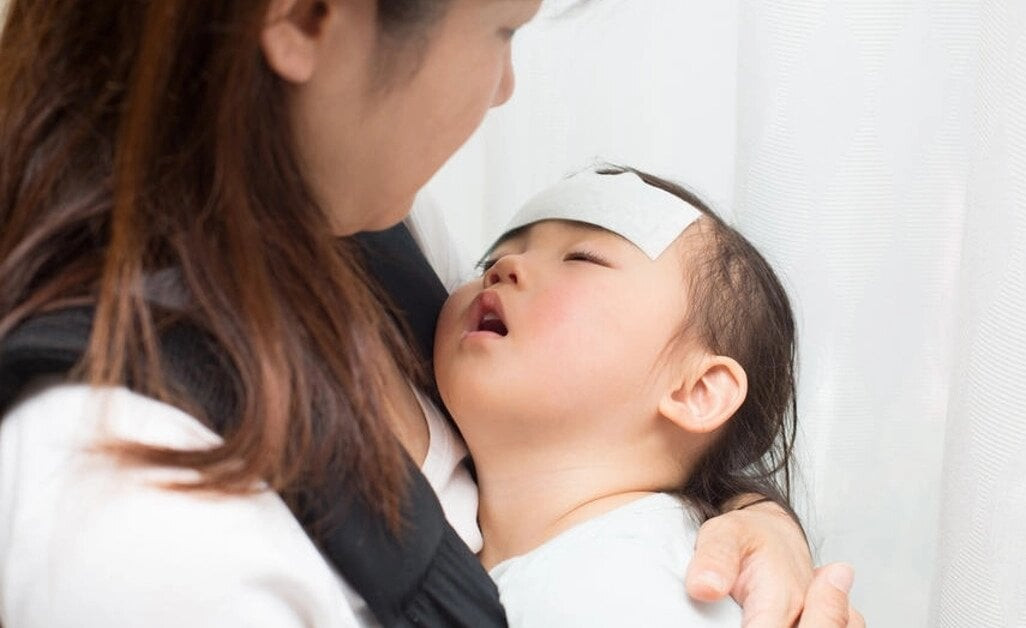While playing at home, a 4-year-old girl suddenly started smiling on the right side of her mouth, had poor appetite, felt tired, and was diagnosed with cold-induced nerve paralysis.
On January 29, Hung Vuong General Hospital informed that the unit received a case of a 4-year-old child with peripheral facial nerve paralysis.
Before being admitted to the hospital, the child suddenly smiled to the right side, had no fever, no vomiting, was more tired, and ate less, before that the child had been eating, drinking, and playing normally. The family was very worried so they took the child to the hospital immediately.
Children are treated with traditional medicine combined with rehabilitation to regain mobility.
However, the child was still young and afraid of needles, so the treatment process was difficult. Doctors had to massage by hand, combine acupuncture and infrared light. After 15 days, the child's health was stable and he was discharged from the hospital.

Peripheral facial nerve palsy is a condition of complete loss of movement or weakness of the muscles of half of the face (illustrative photo)
Cranial nerve 7 is a motor nerve that controls facial muscle movement. Peripheral facial nerve palsy is a condition of complete loss of movement or weakness of the muscles of half the face, which occurs when this nerve is compressed and causes inflammation.
75% of cases occur when the body is suddenly cold. When the body is weak, combined with the habit of leaving the air conditioner or fan blowing directly on the face, bathing at night, getting wet in the rain, going from an air-conditioned room to hot weather or from outside to an air-conditioned room suddenly, this condition can occur. Children with Bell's palsy are mainly caused by cold.
To prevent illness, everyone should keep the child's head, face, and neck warm. When it's cold, avoid opening the door suddenly to let the cold wind blow into the child's face. At night, don't let the child sit near the window to avoid drafts.
You should bathe your child at one of two times: 9:30-10:30am or 1-4pm. Bathing time should only be about 5-10 minutes for older children and no more than 2-3 minutes for younger children.
Limit children from going out at night. If they do go out, they need to wear warm clothes, wrap a scarf, wear a hat, and play for a short time.
Children traveling long distances must cover their mouths and wear masks. They should not sit in the front of the vehicle. They should protect their heads and necks. They should wear enough warm clothes and avoid sudden changes in temperature, such as from hot to cold.
TH (according to VTC News)